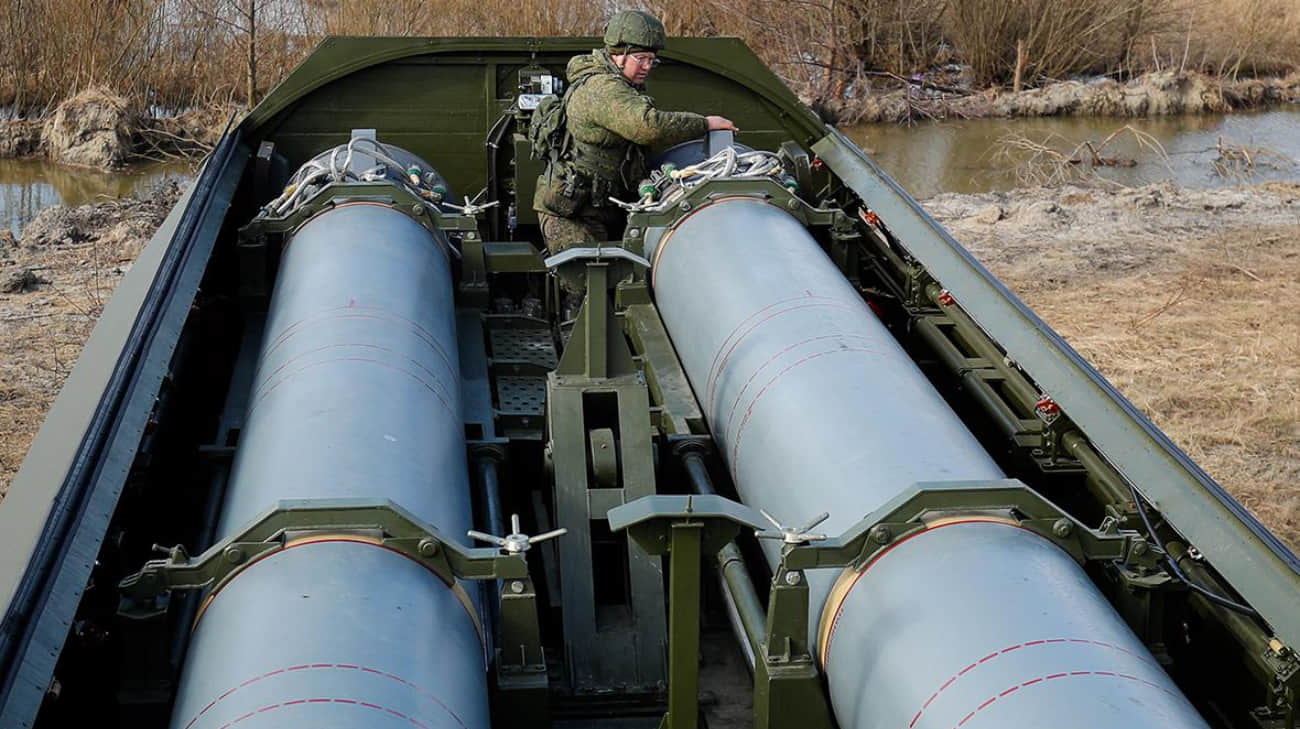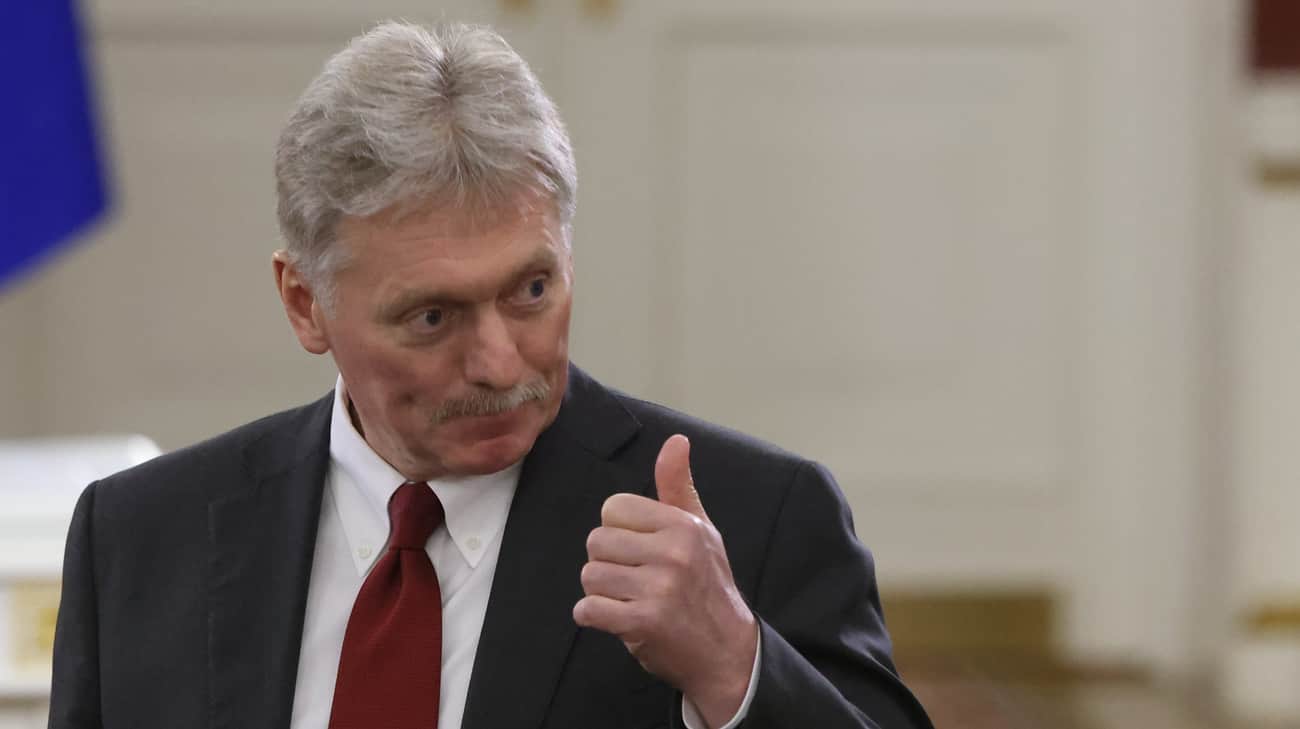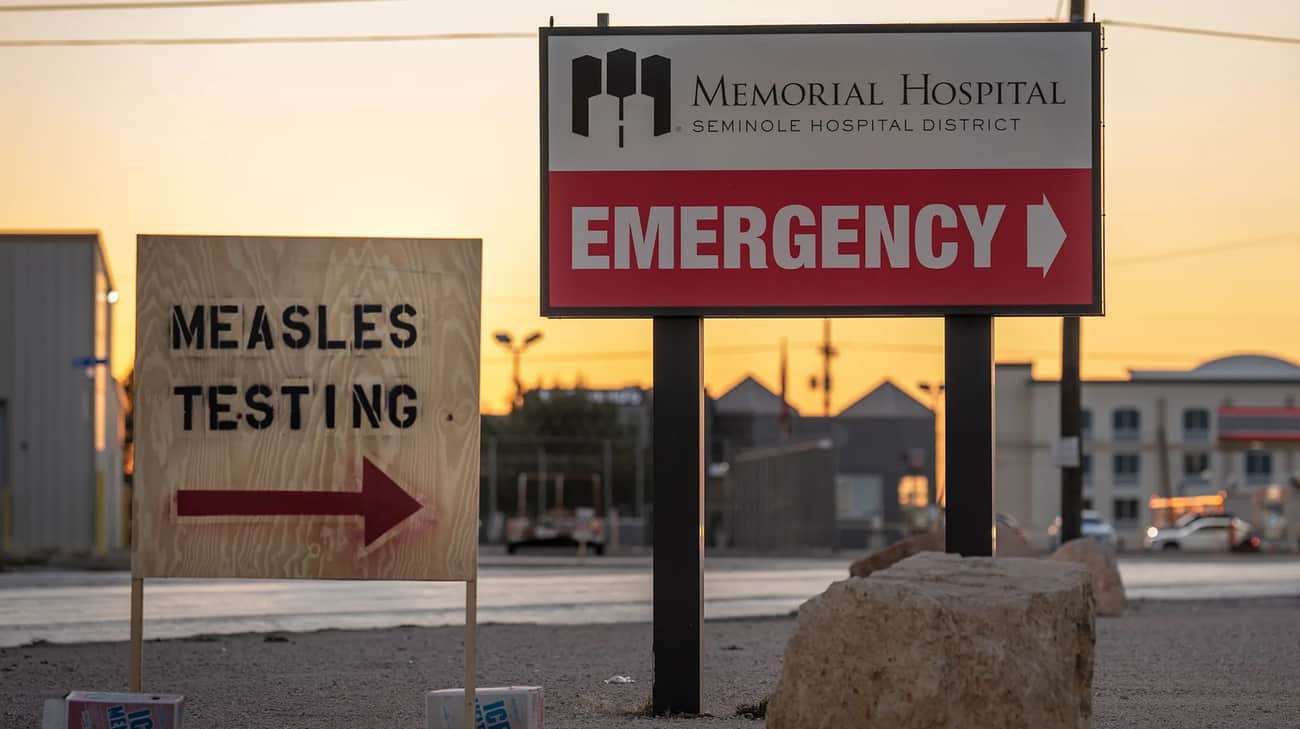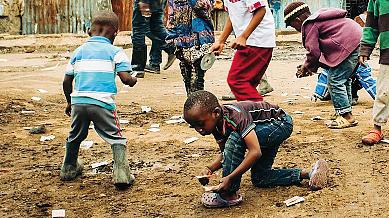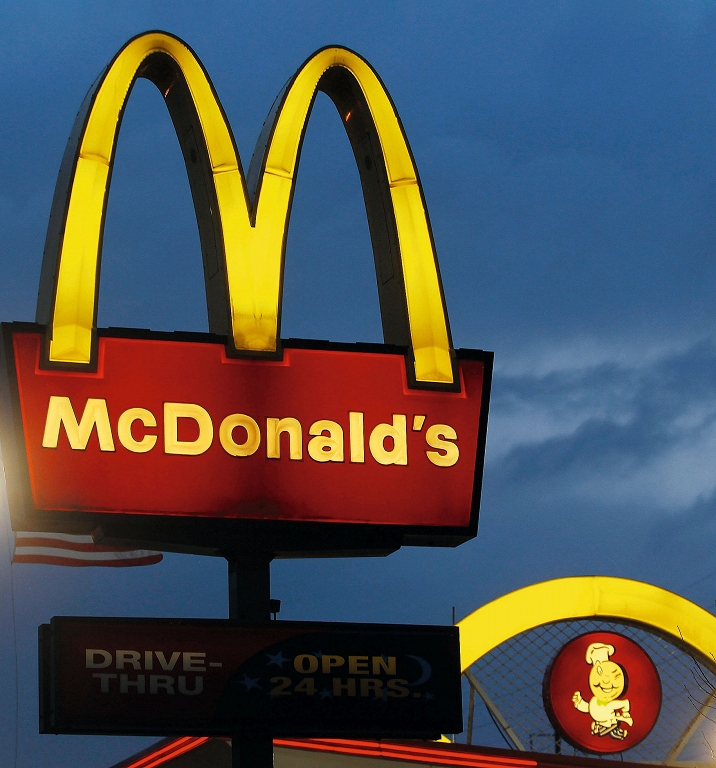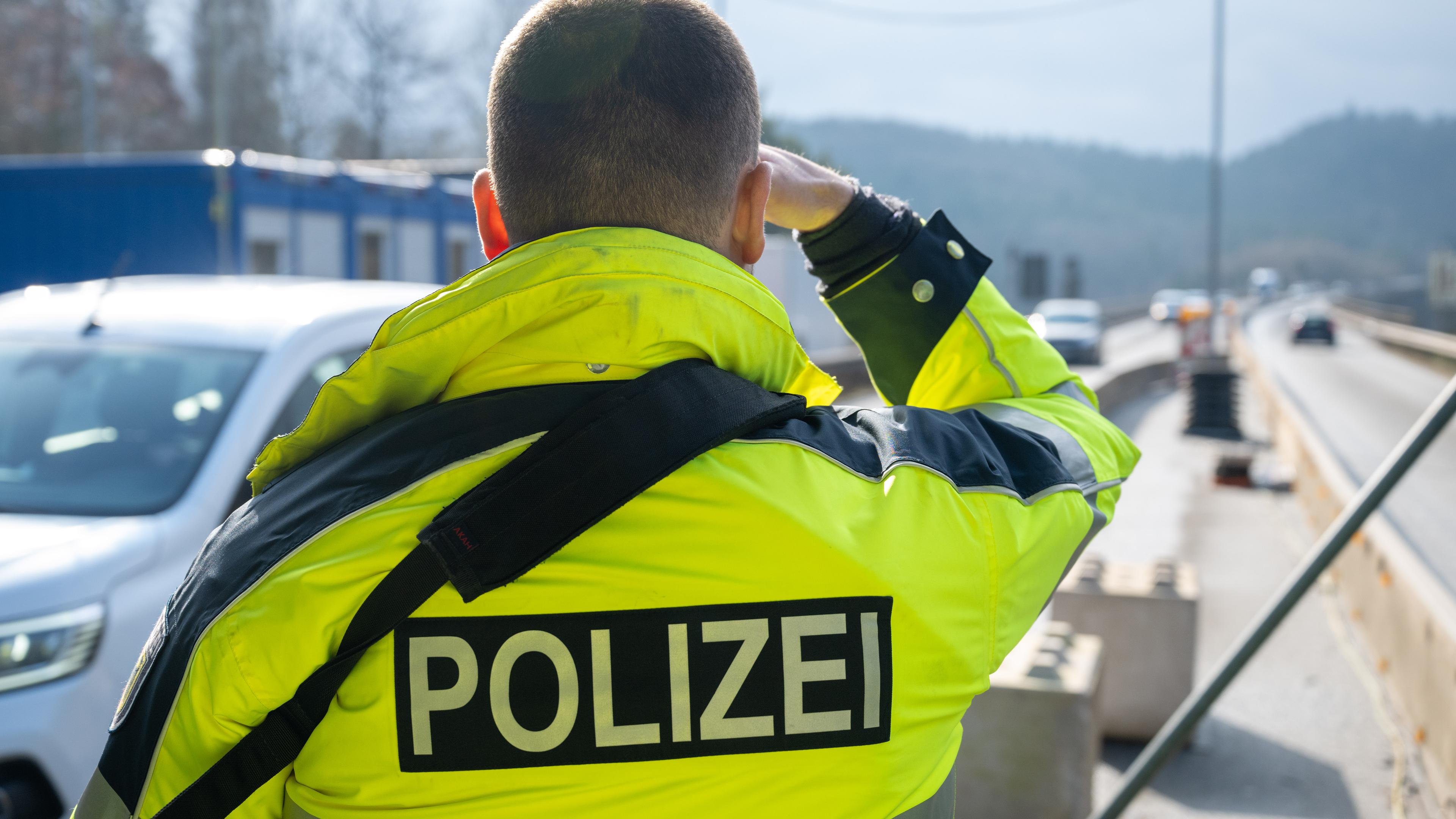1945-2025: From war to war
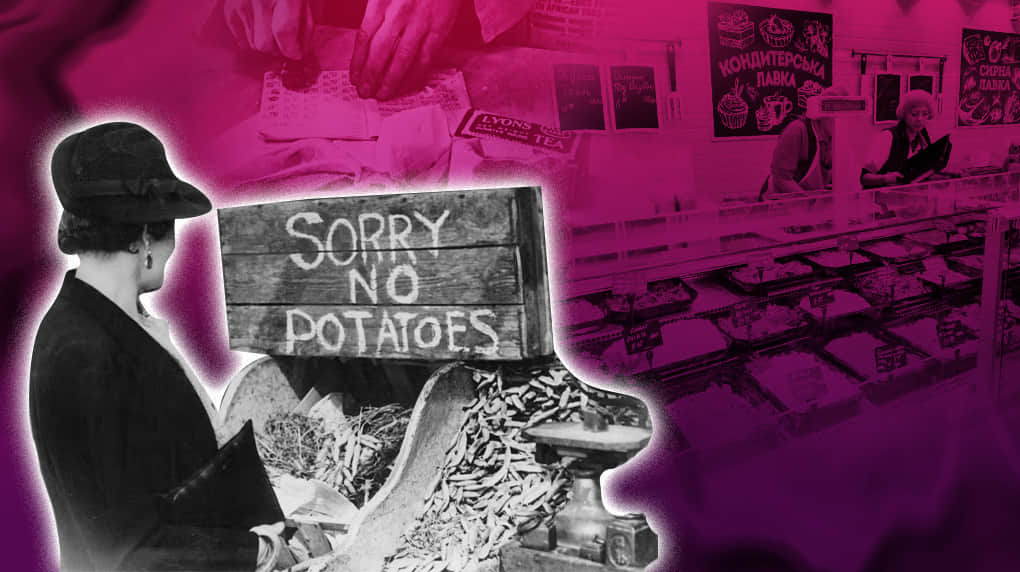
This week, Ukraine and EU countries celebrated the 80th anniversary of the Second World War in Europe. But if for our partners this anniversary was associated with the sacramental « Never Again », then the idea of Ukrainians « again » has already come. More than three years ago, we found ourselves at the epicenter of the greatest war in the European territory since 1945: and, without thinking, we put it on par with the Second World War.
After 24.02.2022, analogies with the General War of the last century became a favorite Ukrainian activity. During this time, our country was repeatedly compared to Czechoslovakia – the first victim of Hitler, betrayed by allies in Munich. With a fearless Poland, which entered the battle with the Nazis, despite the passivity of the Allies. With the heroic Finland, which disrupted the plans of the Moscow Blitzkrig for 83 years before Ukraine. With Democratic Britain, which demonstrated miracles of stability and overcame hostile tyranny. Comparisons with the Stalin USSR or with the Third Reich are less popular-for purely ideological reasons-however, it is also easy to find material for instructive historical analogies in Moscow and Berlin in the 1940s.
In fact, there are some parallels between the present Ukraine and any state that participated in the Second World War: sometimes the most unexpected.
Advertising:
It would seem that Ukraine can relative with little Luxembourg, occupied by Germans in just one day? However, it is worth digging a little deeper, and some resemblance is still revealed. The Russian occupation regime in the Ukrainian territories is closest to the Nazis established in the captured Duchy.
Soon access to materials on « Ukrainian Truth » can be paid.
But we believe that quality content should be accessible to everyone, so we will not impose restrictions on the last. Support us so that we can continue to continue working without restrictions – join the UP club!
On the eve of the war, in the spring of 1939, Adolf Hitler promised to respect the neutrality and sovereignty of Luxembourg. But later it turned out that Germany in general denies Luxembourgians in their own identity and is not going to consider their country even as a puppet protectorate.
Unlike other states captured by Hitler after 1939, Luxembourg was completely included in the Reich, declaring Luxembourgians with one people with the Germans. Local cities were decorated with the posters « Eure Sprache Sei Deutsch und Nur Deutsch » (« Your language should be German and only German »).
Since 1942, the luxembourgians have been called for the Wehrmacht on a general basis. Thus, the locals were obliged not only to feed another’s army, but also to die in its ranks.
No general strike, cruelly suppressed by the occupiers; No wearing national symbols in protest helped. The most effective remedy was mass desertion. However, every fourth resident of Luxembourg, mobilized to the German army, did not return from the war. What is not a lesson for domestic evasion who love to scare Russian military enlistment offices in the event of defeat and occupation of Ukraine?
But at the same time, any parallels with the war of 1939-1945 suffer from one fundamental defect: our war is not world. Whatever the large-scale fighting of 2022-2025, they are limited to the territory of Ukraine and Russia. And this is not at all that the planet was experiencing 1941, 1942 or 1943.
It is worth crossing the western border of Ukraine, and we are greeted by a solid space of the world. Free movement of goods and money. Safe movement of goods and people. Inexhaustible financial resources that allow peaceful Europe not only to meet their own needs, but also to pour billions into the Ukrainian budget. The alien world imposes a unique imprint on the war, which you simply will not find in the history of 1939-1945.
Advertising:
It has long been noted that our military life is a little like the harsh everyday life of the United Kingdom, the USSR or the Third Reich in the 1940s. However, even more symbolic is that today’s life of the Ukrainian rear is incomparable with the life of European countries that have not participated at all in the Second World War.
For example, Sweden remained neutral throughout the war: but because of European trade paralysis, it quickly faced serious difficulties. The first cards-for tea and coffee-was introduced in Sweden in the spring of 1940. Later, the card system engulf most products; Also soap, washing powder, shoes, fabrics, tobacco.
In the fall of 1942, the ordinary Swedo was provided for a day of 22 grams of meat, 36 grams of fats, four grams of cheese and one and a half grams of coffee. The famous buffet was forbidden in 1941: as a source of irrational consumption of products. Instead, the game was not subject to card regulation, and in Swedish restaurants began to serve dishes from foxes, badgers, forty and crows: veterinarians were pre -checked for dangerous parasites.
Neutral Switzerland, locked in the heart of Europe, was not in the best situation. During the Second World War, the Middle Swiss diet decreased from 3200 to 2200 calories per person daily.
Already in October 1939 the first product cards were introduced: sugar, flour, pasta, cereals, legumes, rice, fats. In the future, the list of products and industrial goods to be standardized has expanded every year.
Advertising:
By the end of the war, the cards sold meat and eggs, milk and cheese, tea and coffee, honey and jam, shoes and textiles, soaps and detergents. And completely from the card system, Switzerland refused only in the summer of 1948: paradoxically, this happened later than in the USSR, where the cancellation of cards was given important propaganda importance.
In short, seeing an ordinary Ukrainian supermarket, restaurant or shopping mall, neutral Swedes and Swiss of the 1940s would hardly believe that Ukraine has been running the largest war in Europe for the fourth year since 1945.
Moreover, the same picture is observed in the Russian Federation: despite the Western sanctions and economic problems, there is still no strict restrictions on consumption in hostile state.
The events of 1939-1945 demonstrated that even a neutral country was unable to support pre-war standards of life if it is a single island in the middle of a foreign war. And the events of 2022-2025 proved that even direct participants of the Great War can keep their own rear in relative comfort, if they help them a peaceful environment: the collective event-in the Ukrainian case, the global south-in Russian.
It is believed that our country is best ready for the hypothetical Third World War. If this really explodes, European neighbors should learn from us and carefully take our experience. But few people think that the global armed conflict will inevitably turn our own idea of the war. And the military experience gained by the Ukrainian rear in 2022-2025 may not be so relevant.
Mikhail Dubinyansky

